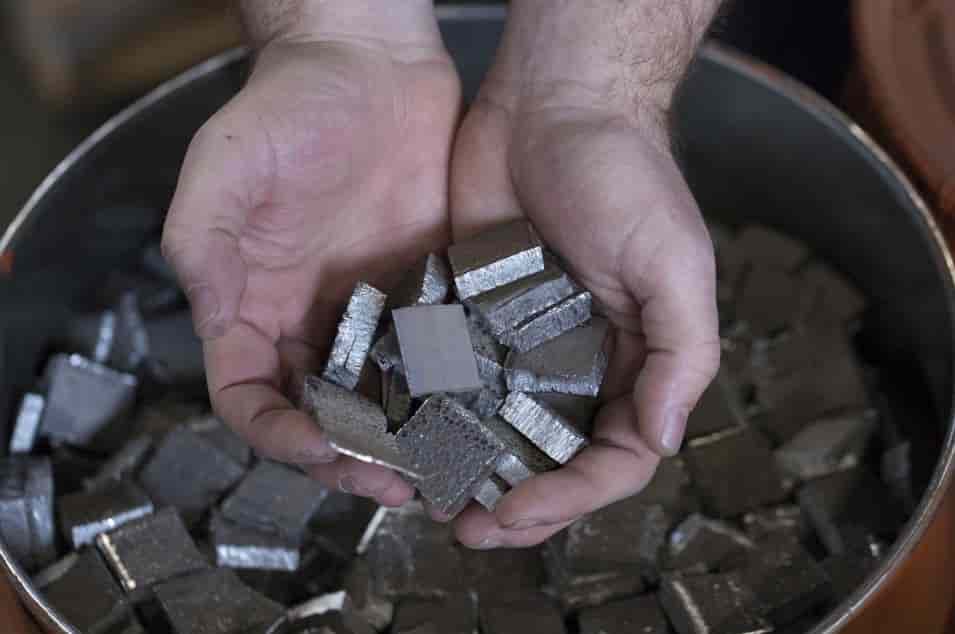The Australian government has extended a USD 10.9 million grant to Lynas Rare Earths Ltd to commercialise a new mineral refining process that produces high-purity rare earth carbonate, the company announced on Thursday.
The Australian government’s move is aimed at breaking China’s monopoly on rare earth metals that are used as key inputs in hi-tech products ranging from electric vehicles to smartphones and military hardware such as missiles and fighter jets. China currently controls 90% of the world’s production of rare earth metals, alloys and magnets.
The U.S., India, Australia and Japan Indo-Pacific Quad initiative to jointly build a rare-earth procurement chain to counter the dominance China plays in supplying these crucial rare earth metals is also expected to get a boost from the move.
Also read: Biden steps up drive for alternative supply chains to cut dragon to size
“The grant will enable Lynas to commercialise an industry-first Rare Earth carbonate refining process that has been developed by our in-house research and development team. The new process has been tested at bench scale and has proven effective in producing a higher purity Rare Earth carbonate that can feed the Lynas Malaysia plant as well as the proposed U.S. Rare Earth processing facility. The grant is expected to contribute approximately 50 per cent of the implementation cost,” Lynas said in a statement.
The Indo-Pacific Quad initiative has gathered momentum after China started using its dominance in rare earths production to extend its geopolitical clout. Beijing has even indicated that it would cut off the supply of rare earth metals to stall the US F-35 fighter jet programme as relations between the two countries have soured. Similarly, it has also been using these tactics of holding back rare earth metal supplies against Japan.
The Quad nations intend to counter this by cooperating in funding new production technologies and development projects. They also intend to lead the way in drafting international rules.
China currently produces nearly 60% of the world's rare earths, and its market power has posed supply concerns.
Also read: Biden blacklists more Chinese firms, US sticks to Trump-era hard line
Big tech companies rely on China-produced rare earths like neodymium, essential for electric vehicles, and lithium, used in batteries.
While India accounts for 6% of the world's rare-earth reserves, Japan is one of the biggest rare-earth consumers. If the Quad nations can collaborate all along the chain, from production to consumption, their influence in the critical sector will rise, the Nikkei report states.
As for their rare-earth efforts, the Quad nations will first develop refining technologies. Rare-earth veins often contain radioactive materials, and a large amount of radioactive waste is produced in the refining process.
The U.S. government is already supporting plans to process Australian ores in the U.S., and Japan is weighing whether to take part in this arrangement.




















